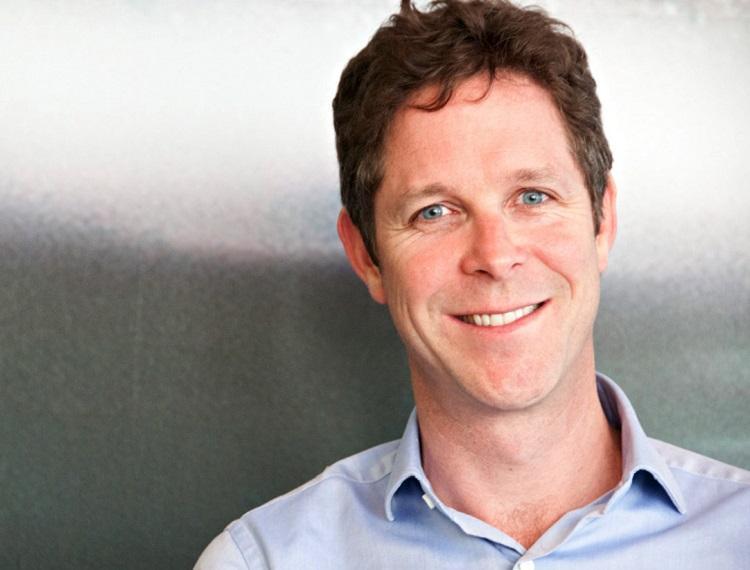Why grades come second to work experience

After 15 years working with owners of fast-growth businesses and five years helping young people boost their employability, I’m convinced we can do more to encourage school-leavers to cultivate the important, extra-curricular assets that employers seek.
The Big Four accounting firms, the largest traditional graduate recruiters after Teach First, are increasingly hiring at 18+ and prioritising intangible skills over academic results. As for smaller firms, the most necessary ingredient I hear about from CEOs of fast-growth businesses is the ‘right attitude’. In frank discussion amongst the business founders that come to roundtables at The Supper Club, what is stressed repeatedly is their desire for candidates with resilience, analytical and problem-solving skills, an ability to communicate clearly and to work efficiently with others. Moreover, they want to see evidence of these skills in practice.
The Supper Club’s members range from those with Firsts from Oxbridge to those who left school with no qualifications, yet all of them now run multi-million pound businesses. They stress the value of assessing potential through means other than exam results. Some specific professions aside, academic ability is agreed to be a poor measure of business capability.
That’s why the UK’s obsession with grades (and churning out students who simply learn to pass exams) is dangerous. Being employable means understanding responsibility. Having a track record, however unconventional, of real-life, hands-on work experience, will develop this. We need our school-leavers to embrace a challenge and not fear failure. Resilience is a prime example of an intangible quality that can’t be taught the way hard skills can, but it can certainly be tested and improved through the accumulation of experience.
So are we doing enough to point teenagers towards experiences that bring these qualities alive? Do the teenagers we interact with have a clear idea of what makes them stand out? Can they tell their ‘story’ in a manner that would intrigue an interviewer? Can they translate their sporting achievements, volunteering activity and caring roles into employable skills and qualities? Have they been exposed to the language of business, whether it’s cashing up after a restaurant shift or drawing up a staff rota at a sports or volunteering club?
Informally, there is much we can do to inspire action. We can encourage teenagers to ask people in roles they admire whether they could shadow them at work for a day. We can suggest that they ask five people they know well to describe succinctly what makes them different. We can encourage them to build a ‘Why hire me?’ list full of evidence. We can help them curate a portfolio showing hobbies, skills, achievements and references from community leaders they’ve impressed.
We can signpost them towards fit-for-purpose resources. Pioneering, highly interactive online learning and career-finding platforms like U-explore.com and Rise-to.com provide valuable work-preparation way ahead of any interview process, and are a useful gateway to self-assessment tools and to developing relevant skills. I know that many businesses seek a panacea where they can assess candidates on soft skills and ‘intangibles’. A few platforms are starting to do exactly that. The more
committed and forward-thinking businesses offer via these employability sites ongoing shadowing and mentoring opportunities of varying lengths and types. It builds their employer brand AND helps them see contenders ‘in situ’ and not just on paper.
But in 2015, only a fifth of UK employers were involved in inspiration programmes for would-be candidates (e.g. mock interviews, open days, mentoring and challenges) – we must increase this.
Less ‘organised’ work experience isn’t as hard to find as some defeatists might suggest. It exists in many shapes and forms, and initiative is everything. I was phoned once by a student who said he liked what I was doing and could he come in and help out for free. We gave him a role and I mentored him for a while. Seven years later he’s CEO of his own ad-tech start-up in Silicon Valley and has recently raised £18m in funding… Putting yourself into challenging positions builds character. Let’s find more imaginative ways of offering tomorrow’s workforce a taste of enterprise and responsibility. I must have worked in over 100 businesses in my time, from grafting on a farm to working for a car dealership and later as an auditor with PwC. Data input in a soulless, silent room for two of the longest days of my life at a water authority taught me what I didn’t want to do. Knocking on doors offering car washes taught me gems about timing and profits – a road of clean cars meant someone had beaten me to it. Those type of lessons turned out to be game-changers.
Duncan Cheatle is founder & CEO of rise-to.com, a free ‘career accelerator’ for 16+ students and school-leavers. He is also co-founder of StartUp Britain and The Supper Club, home to 400+ founder/CEOs of the UK’s fastest growing businesses.












Responses